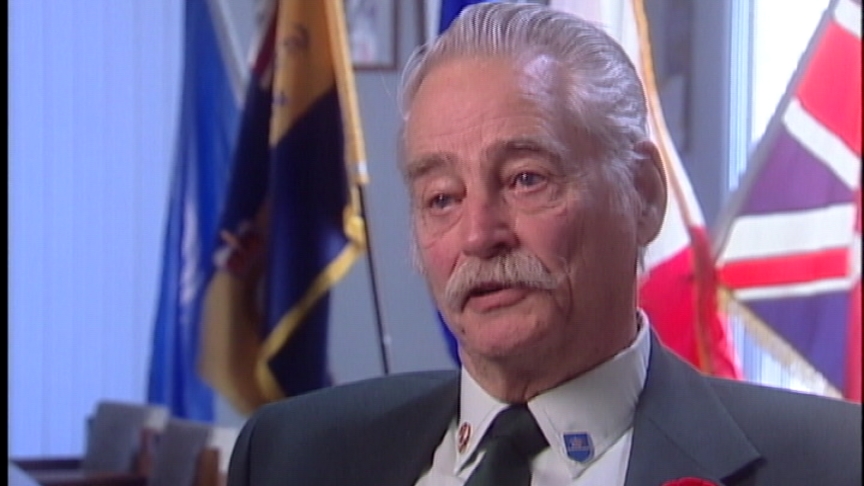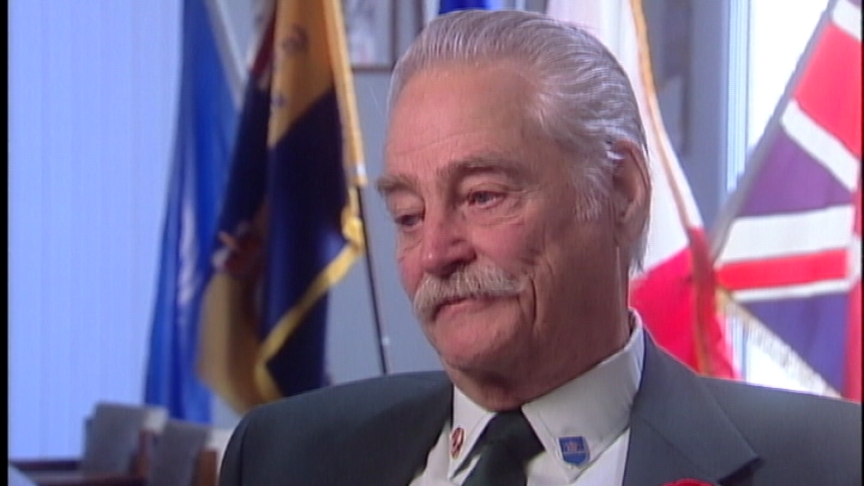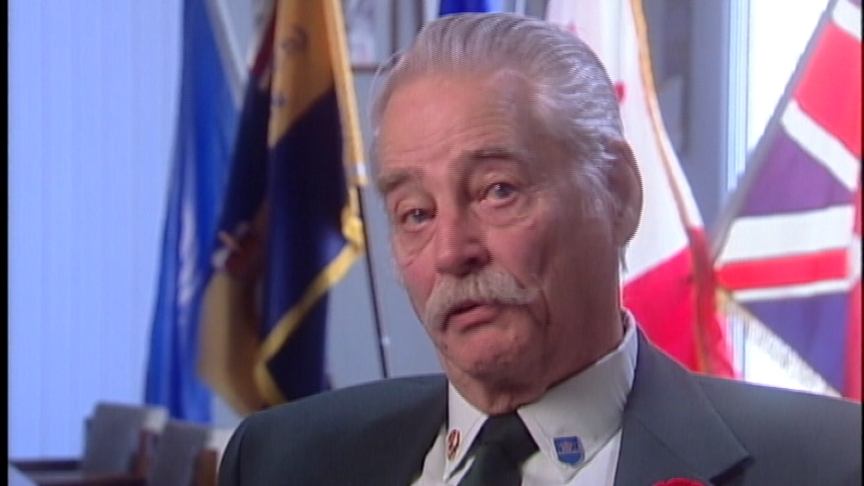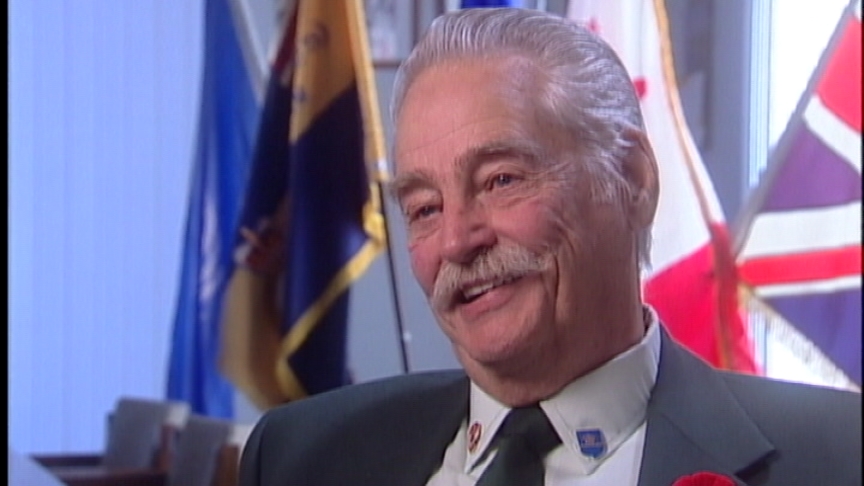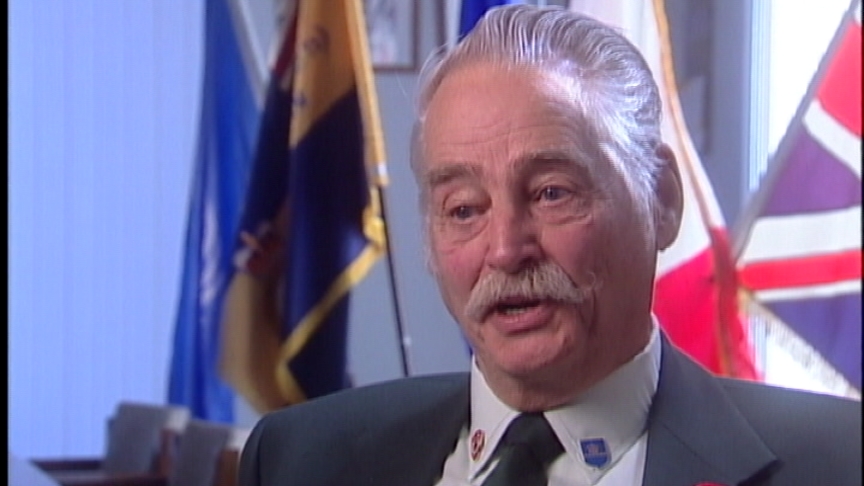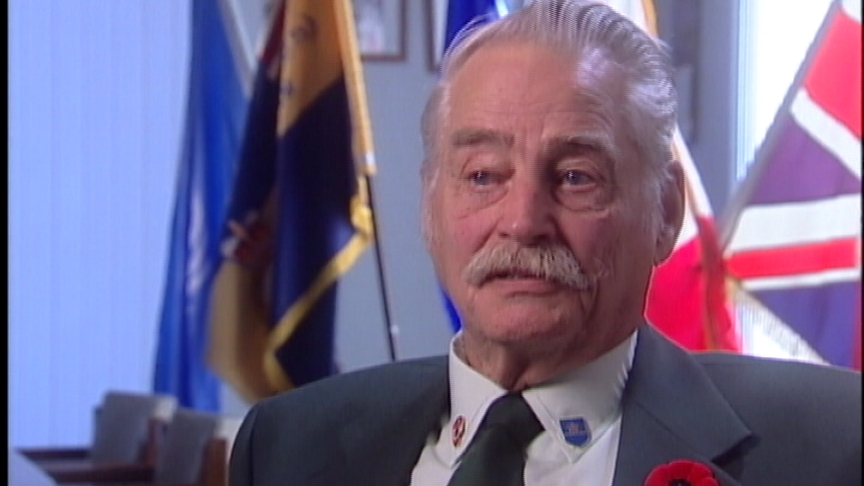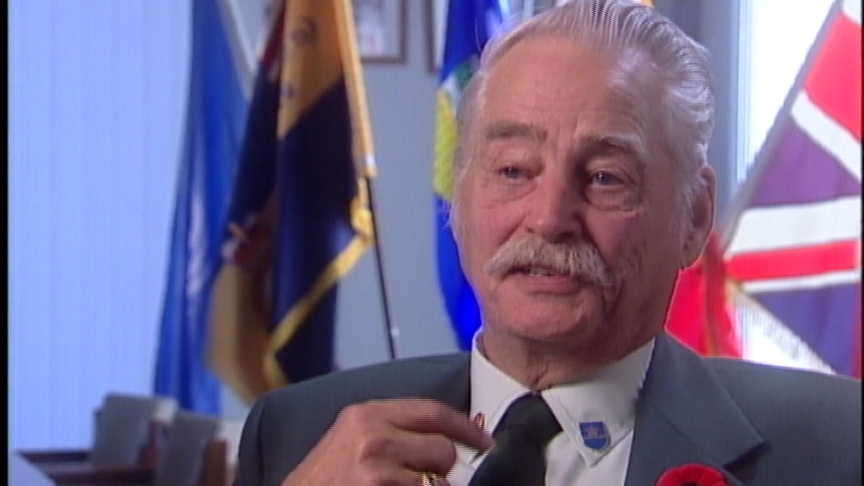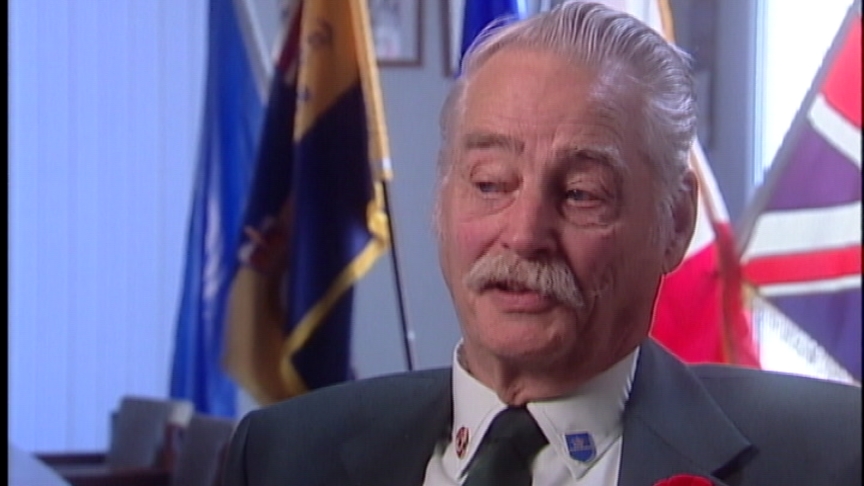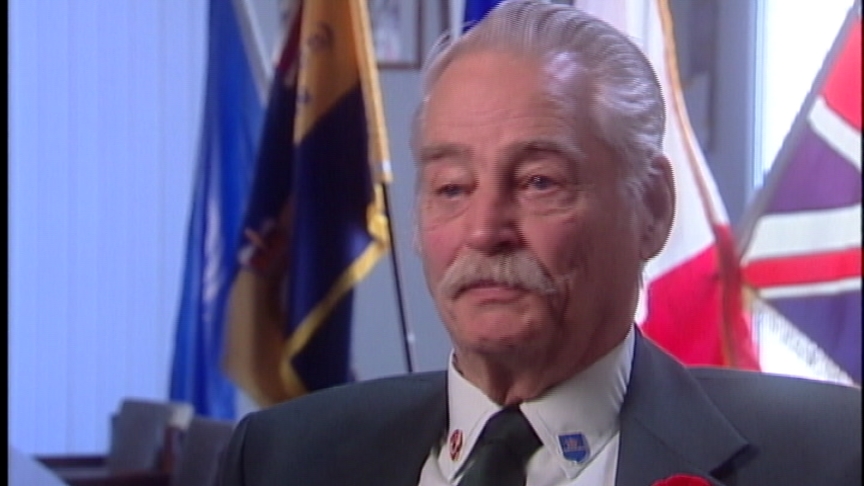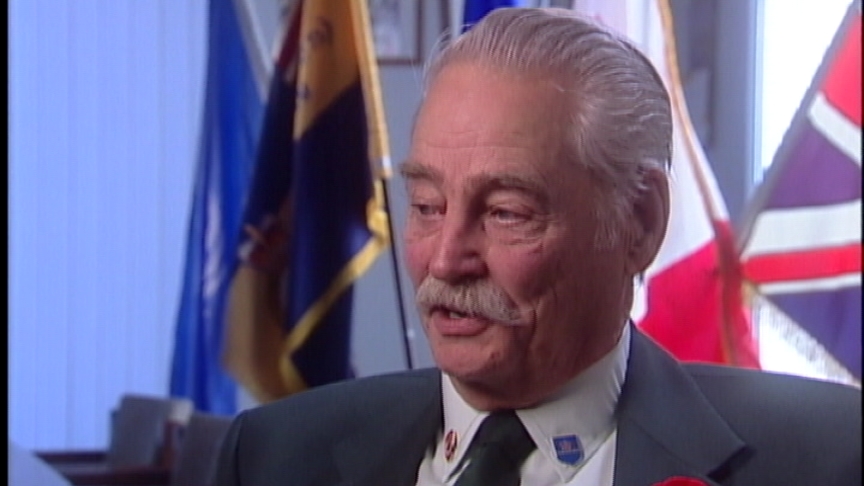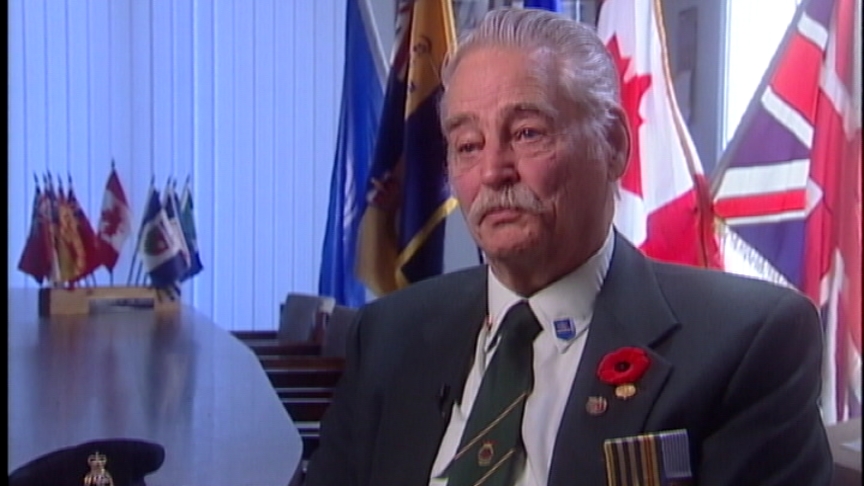Charlie
Heroes Remember
Charlie
Transcript
Description
Mr. Reitsma explains how the Chinese Army would charge with a huge number of soldiers using anything they could lay their hands on as a weapon, and yelling all the while.
Stuart Reitsma
Mr. Stuart Reitsma was born into a military family in Lacombe, Alberta, in 1928. His father served in the Second World War , and two of his brothers also served in Korea. Before joining the service in 1950, Mr. Reitsma worked with the Canadian Pacific Railway and the Canadian National Railway (CNR). While participating in a CNR strike in Vancouver a fight broke out. Mr. Reitsma and a friend enlisted the next day, deciding if they were going to fight, they'd sooner do it in the Army. Soon after completing training, Mr. Reitsma was shipped overseas to Korea. During his year there Mr. Reitsma survived continued heavy action at the front line, a fact he attributes to the excellent training he had received. Returning to Canada after his tour ended, Mr. Reitsma received his discharge in August of 1952. He returned to work with CNR before accepting a position with Alberta Government Telephone which he held for 26 years before retirement.
Meta Data
- Medium:
- Video
- Owner:
- Veterans Affairs Canada
- Duration:
- 02:55
- Person Interviewed:
- Stuart Reitsma
- War, Conflict or Mission:
- Korean War
- Location/Theatre:
- Korea
- Branch:
- Army
- Units/Ship:
- 2nd Battalion Princess Patricia’s Canadian Light Infantry
- Occupation:
- Machine Gunner
Related Videos
- Date modified:



